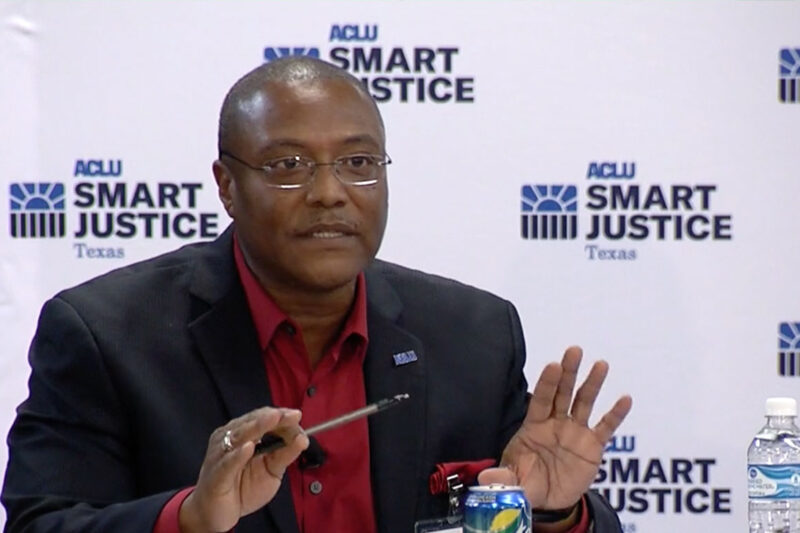Take It From a Death Row Exoneree: The Dallas County DA Election Is a Big Deal


This piece originally appeared at the Dallas Morning News.
On March 6, the voters of Dallas County will begin the process of choosing their next district attorney. This is a critical decision that will have lasting effects on the lives of millions of Texans.
A county election might seem unimportant compared to the daily drama of national politics, but I know better than most the awesome power district attorneys wield. I also know how much damage they can do when they exercise that power corruptly or irresponsibly. Or when they measure their success not by their commitment to truth, justice and community, but by the number of convictions they secure.
Because of one such district attorney, I spent 18-and-a-half years behind bars, with 16 of those years in solitary confinement and 12 on death row, all for a crime that I did not commit.
Because of a district attorney, my death was scheduled twice. Because of a district attorney, I will forever be known not only as Anthony Graves, grandfather, father and son, but as United States Death Row Exoneree 138.
The district attorney who put me through those two decades of torture and despair was ultimately disbarred, but that level of accountability for prosecutorial misconduct is rare. District attorneys are almost never held accountable for their misdeeds, which is why it's so important to choose them wisely at the ballot box.
I spent 18-and-a-half years behind bars, with 16 of those years in solitary confinement and 12 on death row, all for a crime that I did not commit.
District attorneys are the most powerful and influential public servants in the criminal justice system. They have more impact on the communities they serve than President Donald Trump, U.S. Attorney General Jeff Sessions or Texas Gov. Greg Abbott. They influence whether a person is charged with a crime, and whether that person will have to sit in jail awaiting trial. They affect whether a drug addict gets treatment or a prison sentence. They determine whether police officers will be held accountable for instances of excessive or lethal force. They alter the course of state and local criminal justice legislation. And they are among the primary drivers of mass incarceration in America.
In a state like Texas, which has one of the highest incarceration rates in the world, choosing the right DA couldn't be more important. And in Dallas County, which locks up a disproportionate number of African Americans, Latinos and women, voters have an opportunity to bring about real and positive change.
Dallas County deserves a district attorney who treats incarceration as a last resort rather than a default response. Far too many people are held in jail while they await trial simply because they cannot afford bail, or for minor drug possession, or because they've fallen behind on traffic fines and fees. And those who are in jail naturally lose the ability to support themselves or their families, sticking taxpayers with the bill for their food, housing and health care.
The remedies are well known, and they work. Pre-trial diversion programs, pre-trial incarceration reforms, drug treatment programs, mental health screenings and treatment, and the elimination of racial biases in policing and prosecution would all do a great deal to reduce mass incarceration in Dallas County.
But none of this is possible without a district attorney for whom truth is more important than a conviction rate.
